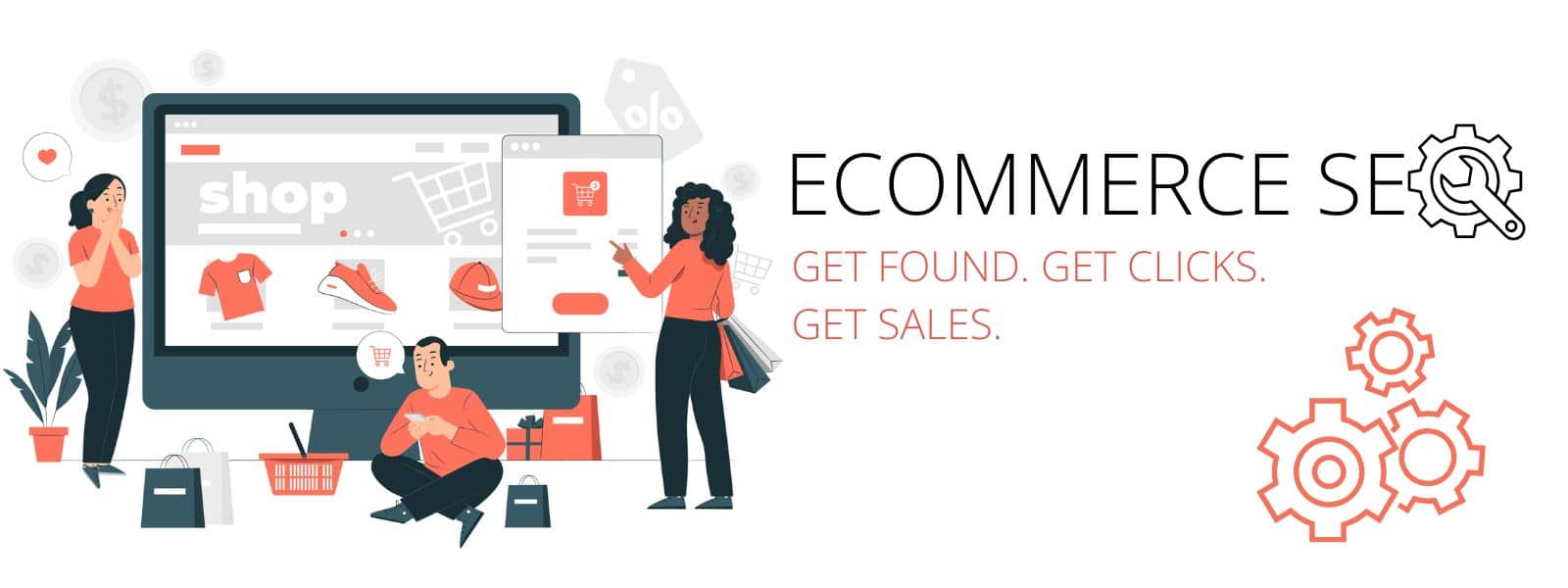Why E-commerce SEO Is Essential for Online Stores in Kenya
Search is the backbone of digital commerce. For any business running an online store in Kenya, being visible on Google isn’t just a nice-to-have—it’s a critical revenue driver. If your customers can’t find your products, they can’t buy from you. And in a highly competitive e-commerce space, visibility is earned, not assumed.
Search Drives Purchase Intent — You Need to Be Where Buyers Are
A large percentage of online shoppers in Kenya begin their buying journey with a search query. Whether someone is looking for “wireless headphones in Nairobi” or “affordable office desks Kenya”, they’re most likely starting on Google. A 2023 report by Think with Google indicates that over 70% of online shopping experiences globally begin with a search engine. Kenya follows the same trend, especially among urban and mobile-first consumers.
These aren’t casual browsers. People using Google to search for specific products or categories are actively looking to compare, evaluate, and buy. This type of traffic is incredibly valuable because it reflects real intent to purchase. If your online store doesn’t rank for relevant keywords, you’re losing customers at the very moment they’re ready to buy.
Paid Advertising Works—But Only While You’re Paying
Many online retailers start out by investing in paid ads. It’s a fast way to get traffic, but it’s also expensive and short-lived. As soon as your campaign ends, the visibility disappears. And with rising costs per click across most industries in Kenya, paid traffic alone is becoming unsustainable for many small and medium-sized businesses.
Search Engine Optimisation, on the other hand, continues to drive traffic even after you stop actively working on it. A well-optimised product page or category page can rank organically and attract visitors for months or even years. This makes SEO one of the most cost-effective and scalable digital marketing investments you can make for your e-commerce business.
Ranking Product and Category Pages Directly Influences Sales
One of the biggest advantages of e-commerce SEO is that it allows you to optimise the pages that generate sales. Instead of pushing traffic to your homepage, SEO helps your product detail pages, category listings, and promotional landing pages appear in search results for targeted, high-intent keywords.
If your online store sells smartphones, you want people to land directly on your “Samsung Galaxy A15” product page when they search for that device, not your homepage. The more relevant and targeted your pages are, the fewer steps a customer has to take to make a purchase. This improves both your conversion rate and user experience.
SEO Builds Trust With Shoppers
Consumers tend to trust organic search results more than advertisements. When your product pages appear on Google without being marked as “sponsored,” customers perceive your store as more credible and established. This trust directly contributes to higher click-through rates and better on-site engagement.
Beyond search rankings, SEO also improves key elements that influence trust and conversions. Optimised meta descriptions, clear URL structures, fast loading times, and mobile responsiveness all play a role in creating a smoother, more reliable customer experience. Google also considers these signals in its ranking algorithm, which means technical and on-page improvements benefit both user experience and search visibility.
SEO Helps Lower Your Cost of Customer Acquisition Over Time
Search traffic compounds. Every product page you optimise and every blog post you publish adds to your store’s authority and visibility. Over time, this means your store can attract thousands of visitors every month without paying for every click. It also means you can reduce your dependence on paid ads, influencers, or third-party marketplaces.
For stores that sell high-margin products or rely on repeat business, this is especially important. By investing in SEO, you’re building a digital asset that will continue to deliver results, even when your marketing budget is focused elsewhere.
SEO Enhances Other Marketing Channels
E-commerce SEO doesn’t operate in isolation. It supports and enhances your other digital efforts. Well-ranked pages boost the performance of your Google Ads by improving landing page quality scores. Blog content built around category-level keywords supports your social media engagement and email marketing strategies. And when your store is fast, mobile-optimised, and well-structured, every campaign you run performs better.
SEO also contributes to conversion rate optimisation (CRO). When visitors land on well-structured, informative product pages with fast load times and easy navigation, they’re more likely to complete a purchase.

